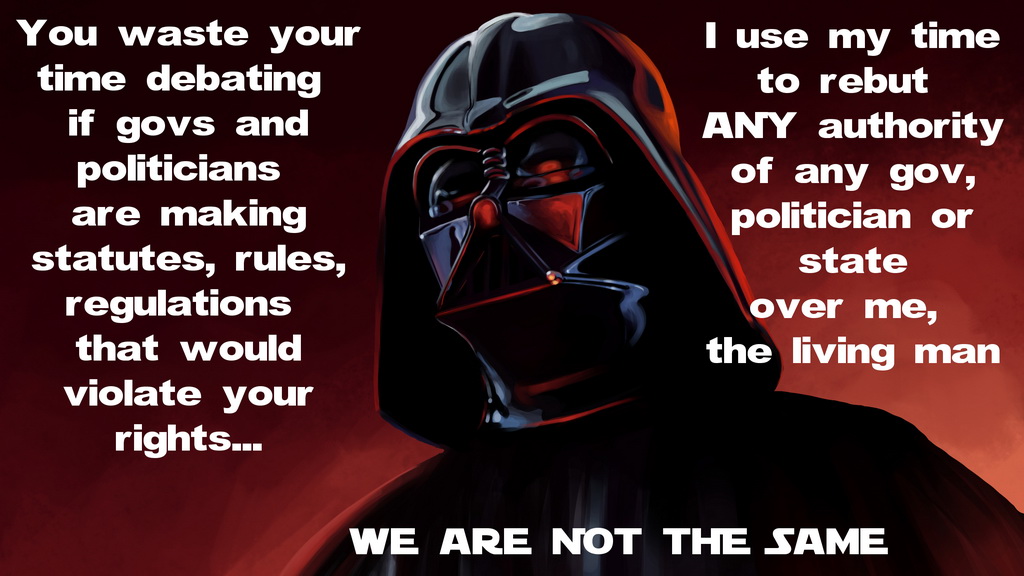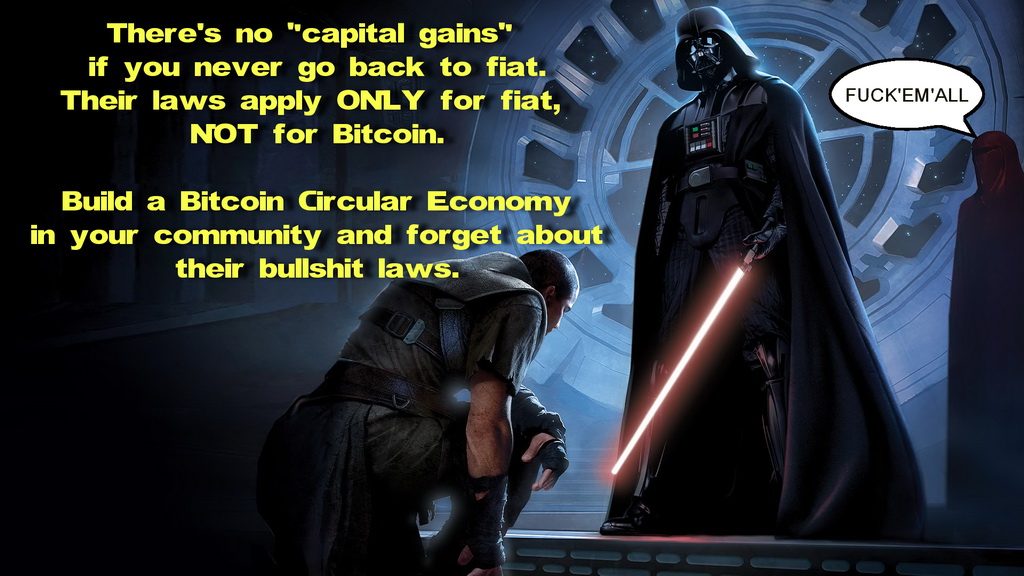See the actual source material:
https://www.minneapolisfed.org/research/working-papers/unique-implementation-of-permanent-primary-deficits
This is the craziest thing I've ever read:
[my emphasis added in italics, otherwise copy-pasted from the paper. note that mathematical symbols do not copy-paste. however the rest is verbatim copied from the paper]
-
Now add bitcoin and again consider a government that targets a permanent primary deficit that is a constant fraction of aggregate consumption. Government policy is now a continuous function of the price of government stock and the price of bitcoin. It is easy to ensure that policy is consistent with a targeted steady state primary deficit. But we can now prove that, no matter what continuous Markov policy the government uses to rule out a zero price of its stock, there is always another steady state. In that steady state rg = 0 and the market values of government stock and bitcoin are both strictly positive. The fact that r g = 0 means that the government must again be balancing its budget. So the presence of a private-sector security that, just like government stock, is a claim to no real resources introduces a new balanced budget trap. The economy will have at least two steady states. In addition, there are equilibrium trajectories that start near the balanced budget trap and converge to the targeted steady state.
-
The fact that we restrict attention to Markov policies that are continuous in prices is crucial for this result. Without the continuity assumption, the government could adopt a policy that uniquely implements a targeted permanent primary deficit whenever the price of bitcoin is zero, and switch, abruptly, to a primary surplus policy whenever the price of bitcoin is positive. That switch would turn government stock into a Lucas tree and force r g > 0, which is inconsistent with bitcoin trading at a positive price. This rules out any equilibrium in which the price of bitcoin is positive. Another way to put this is: discontinuous Markov strategies can mimic the trigger strategy proposed by Brunnermeier, Merkel, and Sannikov [2023].
[In other words, our models work when Bitcoin is worthless. Wow OK got it.]
- Given a need to finance government purchases equal to a certain fraction of aggregate consumption, the policy that maximizes utility in our economy (and also its growth rate) is for the government to charge very large consumption taxes. This implies very large permanent primary surpluses and a unique equilibrium, and it turns government stock into a very large Lucas tree that eliminates almost all idiosyncratic risk. But large consumption taxes may not be feasible, and then a permanent primary deficit may be the best the government can do, provided the equilibrium does indeed deliver the targeted steady state. To achieve this, the government could simply make bitcoin illegal.
[Read this again. And then a 2nd, then a 3rd time. To achieve the models we in the government want, we need very large consumption taxes: in order to ensure that government 'stock' is risk-free. However short of those large consumption taxes, a permanent primary deficit is the best course of action. But this means or necessitates making Bitcoin illegal. Outrageous]
- Our final result says that, short of full prohibition, the government could use a continuous Markov policy and combine it with a tax on bitcoin.
[When government says "full prohibition" they mean a full, outright ban. We call that a clue.]
- Let r g < 0 be the difference between the real interest rate and the growth rate of the economy in the steady state that allows the government to run its targeted permanent primary deficit. We show that a flow tax on every unit of bitcoin equal to or in excess of (rg) times the price of bitcoin rules out all equilibria in which bitcoin trades at a positive price.
[Which means we'll just tax Bitcoin more and more till it's worthless. Our models only work when Bitcoin is worthless.]
- The underlying reason is that (rg) times the market value of bitcoin is precisely the steady state flow of income that a private sector entity can earn when it issues new bitcoin in the same way as the government issues new stock to finance a primary deficit.
[What the Fuck are they talking about? Government deficits cannot be unlimited forever.]
- These results suggest that a legal prohibition of bitcoin or a tax on bitcoin are forms of financial repression that may be useful when the ability of the government to use consumption taxes is limited.
[This needs to go before congress because it is outright, outrageously unconstitutional. Financial repression being useful? What?]
-
4.4.2 An Open Market Operation An even simpler way to uniquely implement S < 0 at L is for the government to buy up all of the supply of bitcoin.
-
For any s0 > 0, the government can print the amount of stock it will take to buy up all bitcoin.
[Print money, buy bitcoin. Wow great plan]
- From t = 0 onwards, we then have an economy without bitcoin, and we already know that the government can uniquely implement its targeted primary deficit in that case.
[In other words we'll ban Bitcoin and then get the economy that 'we' want because we can't balance the budget or tax citizens enough to make it all work!]
- If we interpret this continuation equilibrium to mean that not only st > 0 but also pt = 0 for all t - 0, then it is optimal for consumers to sell all of their bitcoin holdings in the ex ante trading period.
[What if we don't want to sell you ******* idiots. This is outrageous. Ex ante trading period WHAT]
- So any combination of s0 > 0 and p0 0 will be part of an equilibrium, and subsequently the government will be able to uniquely implement its desired steady state.
[It's desired steady state? This is supposed to be a free-market economy.]
[Last sentence in this paragraph]
- Of course, any other type of useless pieces of paper still lying around could now take on the same role as bitcoin.
[In other words, AFTER WE'VE BANNED IT OR TAXED IT TO DEATH, the peasants CAN GO PLAY WITH THEIR TOYS.
OUT-FUCKING-RAGEOUS. Bitcoin is banned or 'bought in the trading period' after which it's worthless... then "useless pieces of paper lying around can replace it" BECAUSE it allows us to continue INFINITE DEFICITS.
This kind of shit should go before congress this is NOT how I want tax-dollars spent.]
- 6 Conclusion When there are laws against private-sector bubble assets, it is easy for the government to design policies that uniquely implement a permanent primary deficit, assuming there is enough idiosyncratic risk to make such deficits possible in the first place. An outright ban is not necessary if the government can tax private-sector bubble assets at the rate (r g) > 0.
[You interpret this how you want.]
Share this with your friends and family.


